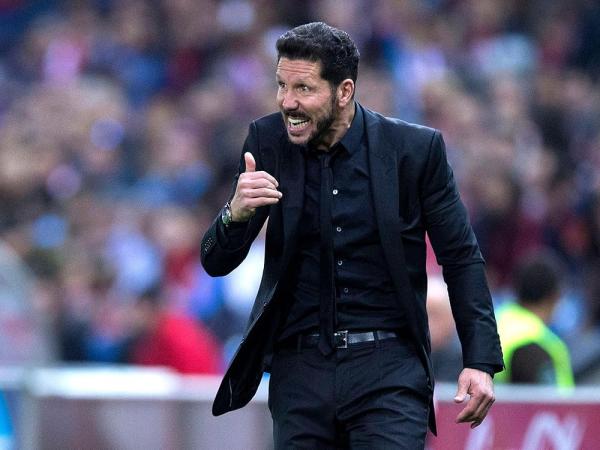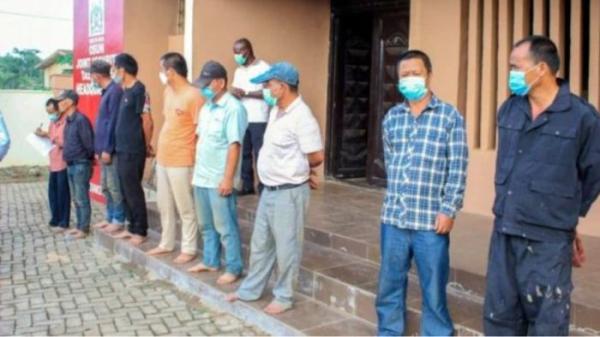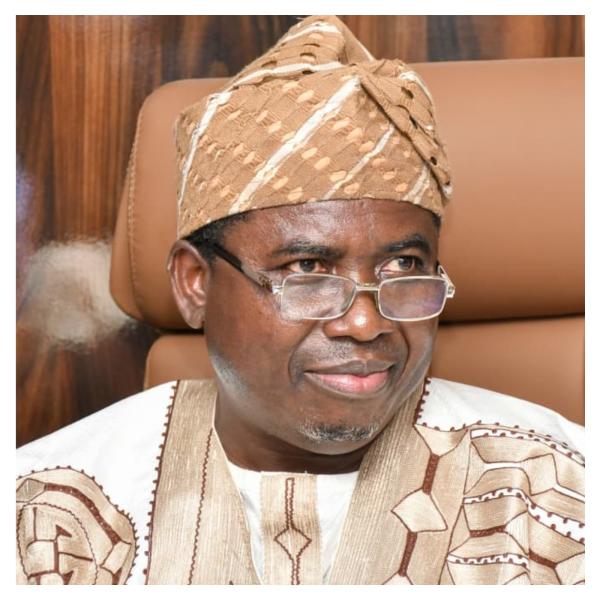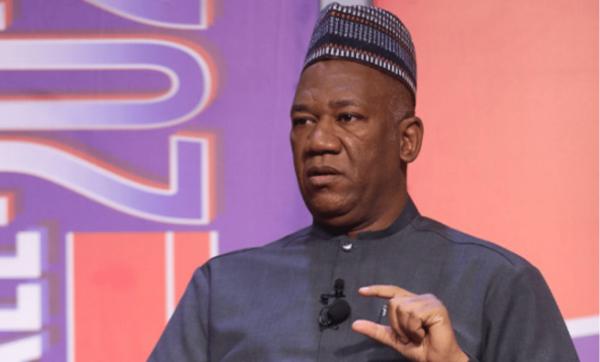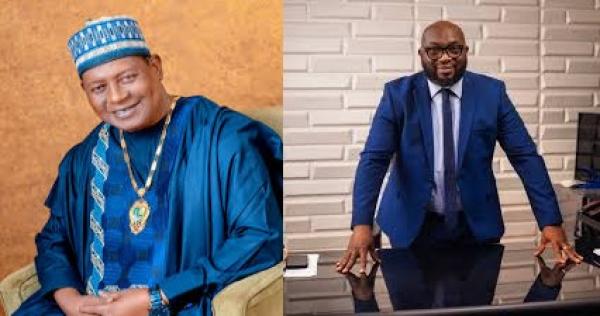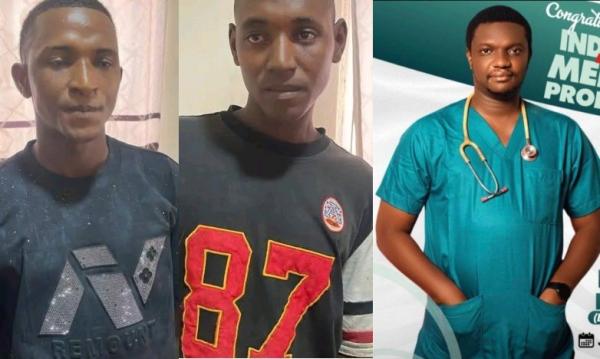
Afghan President Ashraf Ghani speaks during a press conference with British Prime Minister David Cameron at the Presidential palace in Kabul on October 3, 2014
Newly-inaugurated Afghan President Ashraf Ghani on Friday set a fresh tone in relations with NATO countries that have fought against Taliban insurgents, paying a fulsome tribute to foreign soldiers who died in battle.
Hamid Karzai, who left office on Monday, caused outrage in the United States, Britain and among other allies by saying the NATO mission in Afghanistan since 2001 had caused huge suffering to Afghans and failed to bring security.
But Ghani, speaking alongside British Prime Minister David Cameron in Kabul, said the NATO soldiers in Afghanistan had made the world a safer place.
"I want to say thank you to those families for the loss of their loved ones," Ghani said.
"They stood shoulder-to-shoulder (with Afghan forces) and we will remember them.
"Your presence here has meant London has been safe, as well as the rest of the world."
Ghani already began to reset ties with the US and NATO by signing a long-delayed agreement allowing about 12,000 foreign troops to stay on into 2015 to further train the Afghan army and police.
The deal -- signed on Ghani's first day in power -- was a major cause of friction between Washington and Karzai, who eventually refused to sign it despite heavy international and domestic pressure.
"Let me thank every soldier and civilian who was injured in Afghanistan and have left pieces of their bodies here," Ghani said.
"(They) have memories, some of them haunting memories, but I hope they will also remember the good heart of the Afghans."
Karzai, who came to power in 2001 with US backing, often criticised NATO forces for civilian casualties, failing to respect Afghans while searching homes and bringing about much of the violence of the last 13 years.
"The entire NATO exercise was one that caused Afghanistan a lot of suffering and a lot of loss of life, and no gains because the country is not secure," Karzai said last year in an interview.
- Continued support -
The US-led combat mission, which ends this year, began in 2001 with the ousting of the Taliban regime that sheltered Al-Qaeda leaders behind the 9/11 attacks on New York and Washington.
But David Cameron, who became the first world leader to hold talks with Ghani, promised continued support for Afghanistan.
"We all share a common goal, which is a more secure and stable Afghanistan," he said.
"We want an Afghanistan that is no longer a safe haven for terrorists or a threat to the security of either of our countries."
The new follow-up military mission, which will take over on January 1, will be made up of 9,800 US troops and about 3,000 soldiers from other coalition nations.
Named Resolute Support, it will focus on supporting the 350,000-strong local security forces as they take on the Taliban, in parallel with US counter-terrorism operations.
Afghan casualties have rocketed over the past two years as NATO has scaled back and handed over most combat duties to the Afghan police and army.
General John Campbell, who recently took over as head of ISAF, said Thursday that 7,000 to 9,000 Afghan soldiers and police had been killed or wounded already in 2014.
With the Taliban launching new offensives, NATO support next year is seen as crucial -- though the limited size of the mission and the fact that it will be reduced during 2015 will restrict its capabilities.
The failure to sign a similar troop deal with Iraq in 2011 led to a complete withdrawal of US troops from the country, which is now engulfed in Islamist violence.
Since 2001, the US-led coalition in Afghanistan has suffered about 3,400 deaths, 2,300 of then American, according to the independent icasualties website.
Ghani was sworn in on Monday after months of political deadlock over who won the fraud-tainted election in June.
In a US-brokered deal, he signed a power-sharing agreement with his former poll rival Abdullah Abdullah, who was appointed to the new position of "chief executive".
The stability of the new "national unity government" is seen as the international military presence and aid funding declines.
AFP












